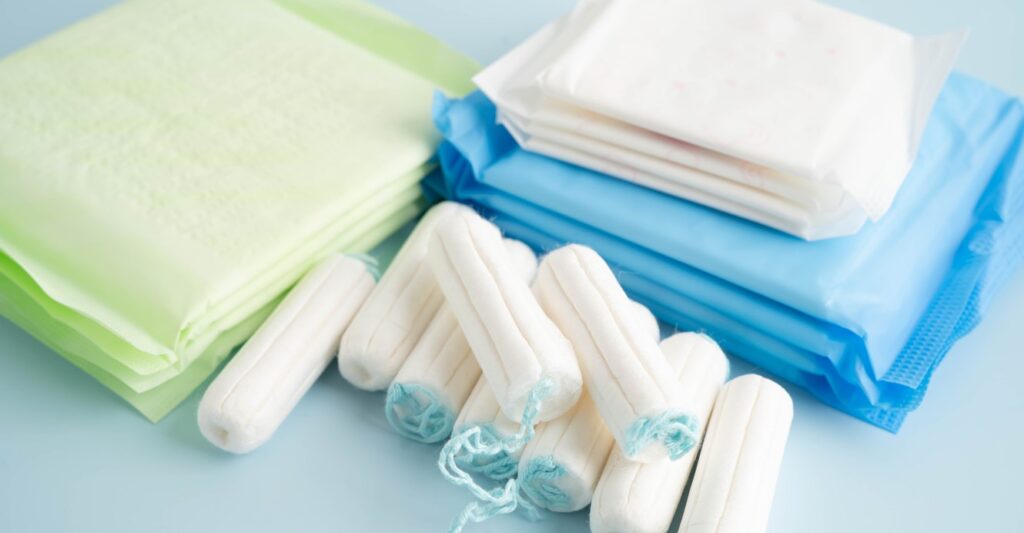Organisations should get “gobby” women talking about menstruation to boost workplace wellbeing and participation.
This was one of the key messages of the latest Women In Work Summit which highlighted that ignoring the issue was a “massive problem” for employers and employees.
In an early session, Women’s Health Ambassador Dame Lesley Regan explained menstruation still does not get spoken about much.
“That is a massive, massive problem in our economy. Because do you know anything else that happens to human beings quite so often as 12 periods a year for 40 years of your life?” Regan said.
She added that while some women suffer from issues with periods which disable them from going to work, these problems can be solved simply.
“The charity I run has got a campaign called Just A Period. We’re going to get rid of this ‘just a period’ idea, because we’re going to focus employers, and everybody else who cares to listen, on the importance of women having good menstrual wellbeing.
“It’s so easy to resolve and then we’ll get rid of many of the long term problems they have.”
Lanyards and badges
In a subsequent panel session, Maxine Fletcher, head of school for the School of Psychology, Social Work and Public Health at Oxford Brookes University, presented ideas on how this can be achieved.
Fletcher explained in her workplace this involved developing a menopause in the workplace brand.
The brand featured on pens and lanyards while the university also introduced “table talkers” on tables at university restaurants.
This was supported by infographics and video screens putting out the logo’s brand complete with a QR code and website, while a guide was developed with BSI standards.
Visual presence
Fletcher added the campaign was about having a visual presence allowing people to see menopause was being discussed.
“The feedback from staff was: ‘Just knowing you’re doing it is enough, knowing I could access it if I needed to is actually really important,'” Fletcher continued.
Fletcher added students could see the menstrual equity work the university was doing through initiatives such as donations and partnering with organic menstrual product provider Time of The Month (TOTM).
“They’re arriving at the university and saying: ‘We’re so glad that we’ve made this choice. We’re coming from abroad, they don’t have that where I come from,” she said.
“Or they are coming from down the road and saying: ‘We started to talk about this in school, we’d seen someone wearing the Oxford Brookes menstrual equity badge’. Because their mum had given it to them and they’d gone into school and now the school wants to do a menstrual equity programme.
“The conversation just flows and that’s the really exciting thing.”
Getting gobby women to speak about menstruation
However, to get that conversation flowing, another key element was getting “gobby” women to speak about menstruation.
“We did some very small, inexpensive branding work. The other thing we did was I’m very gobby,” Fletcher added.
“You can call them leads or ambassadors or champions or allies, but it’s men and women, students and staff who are gobby.
“We got them to talk about it a lot, and they’re getting comfortable talking about it and people are getting used to hearing them talk about it. That really helps a lot.”
